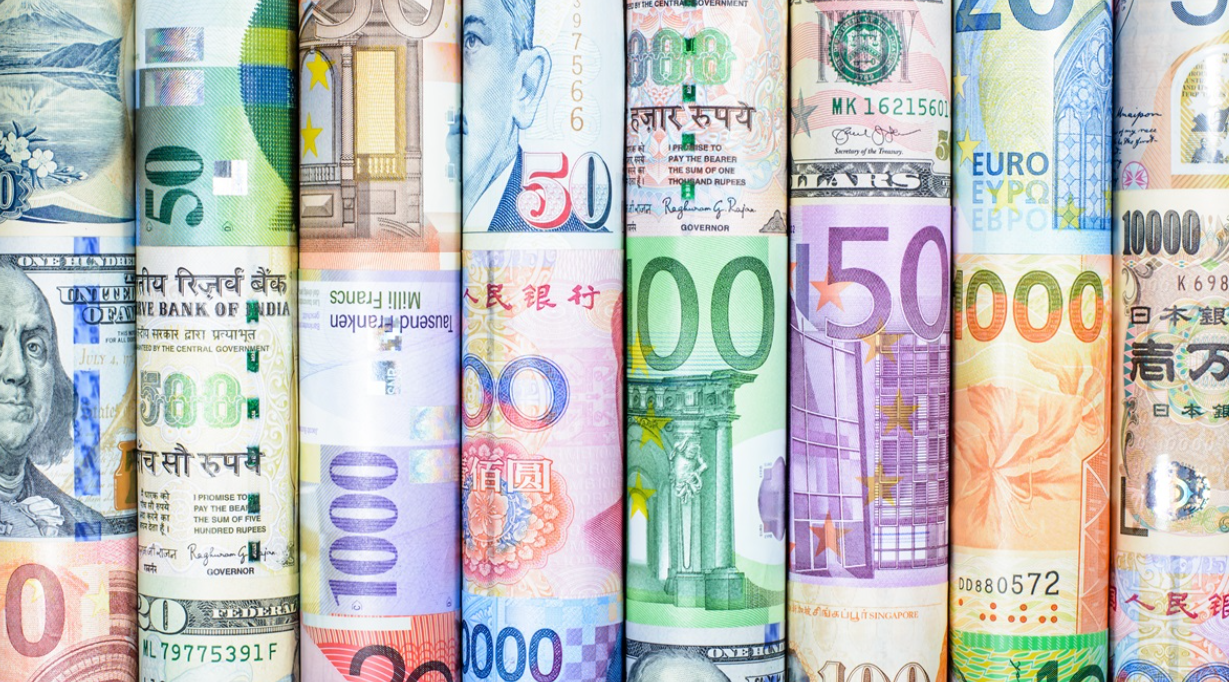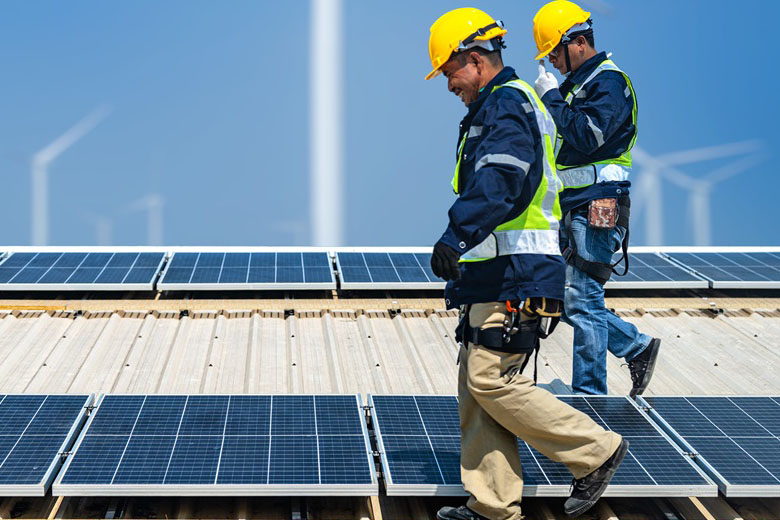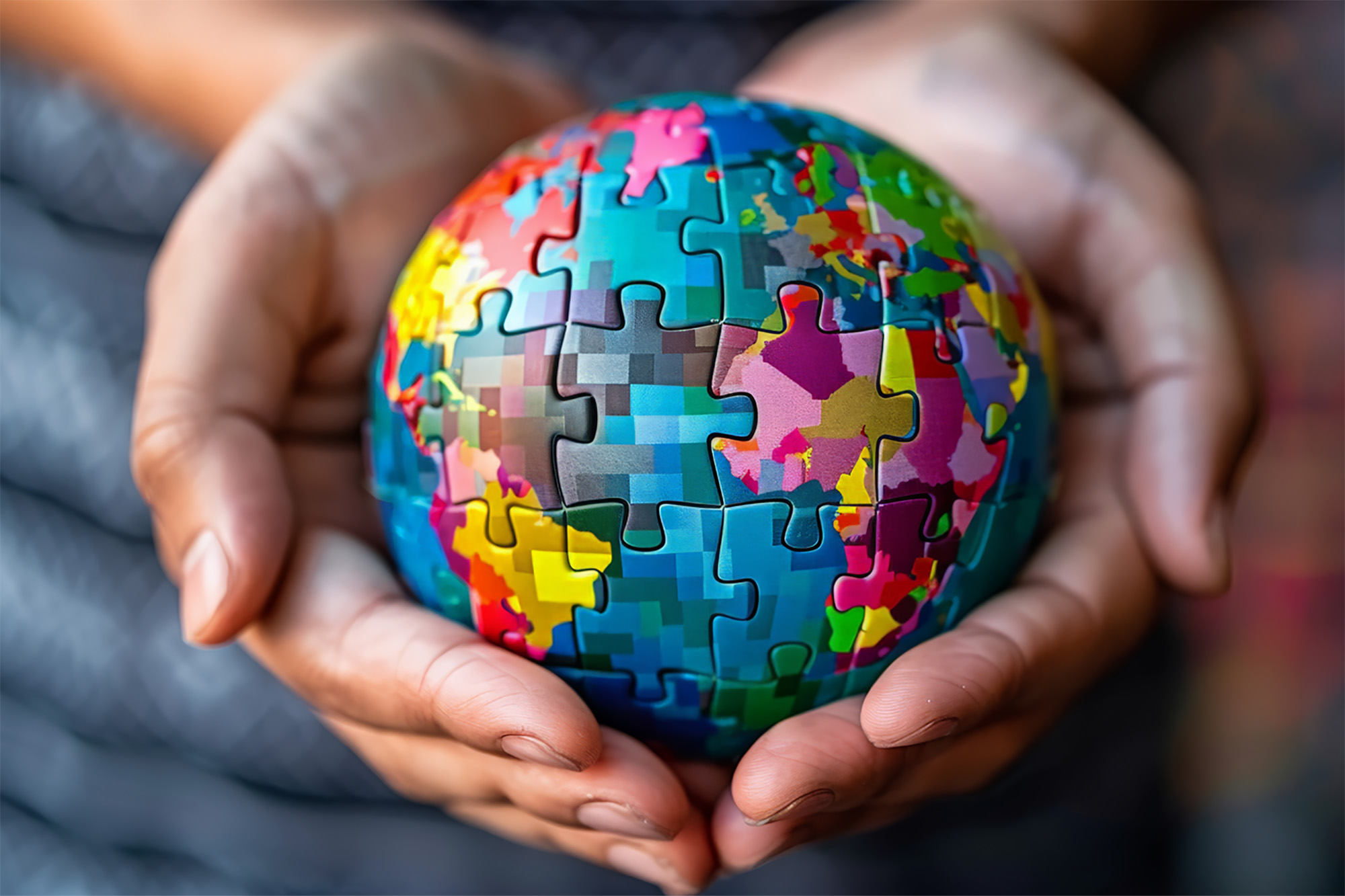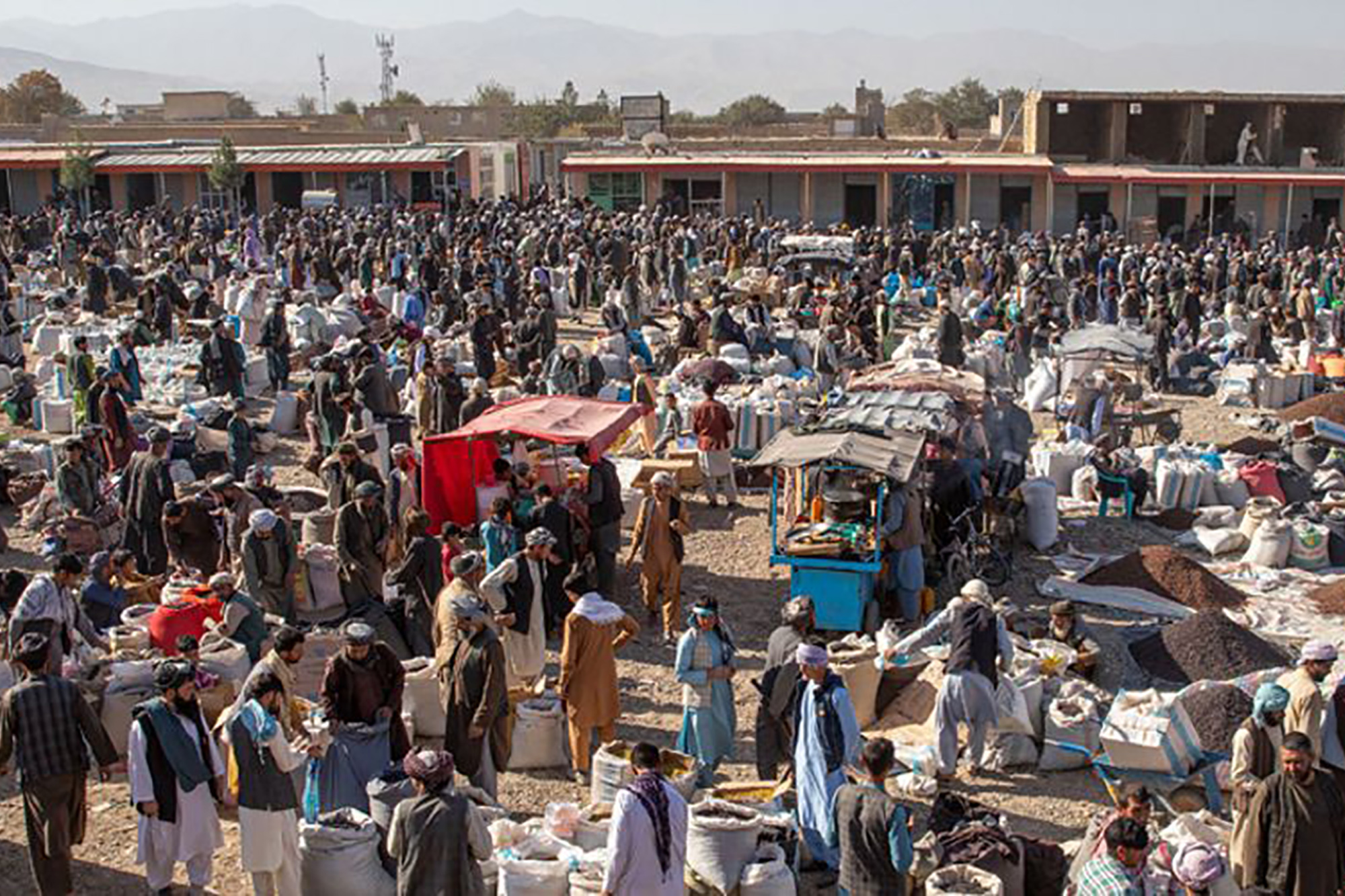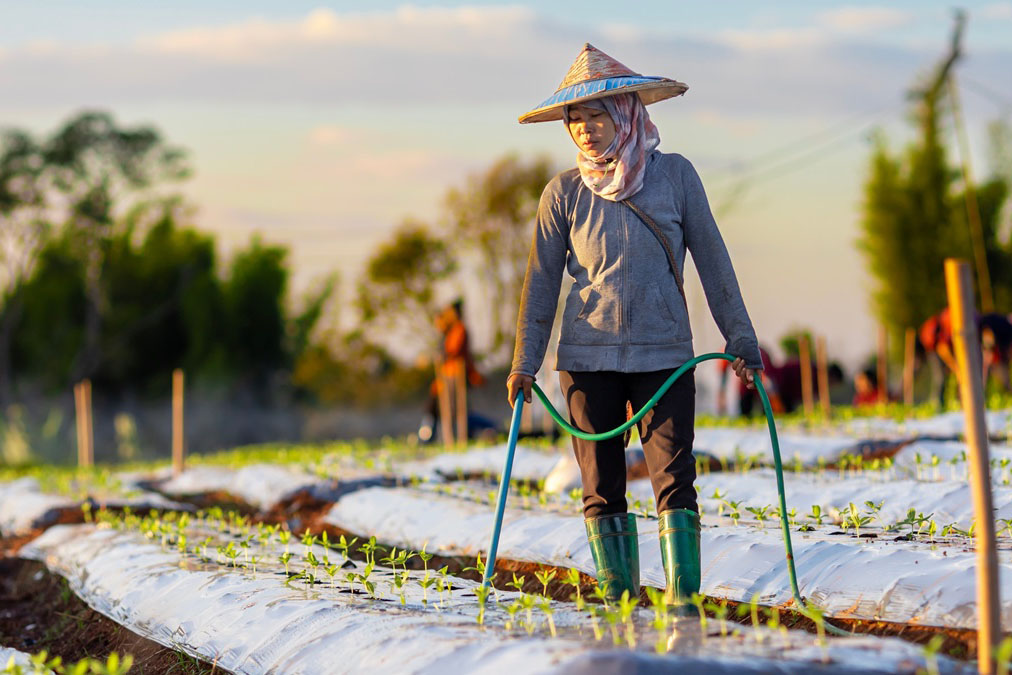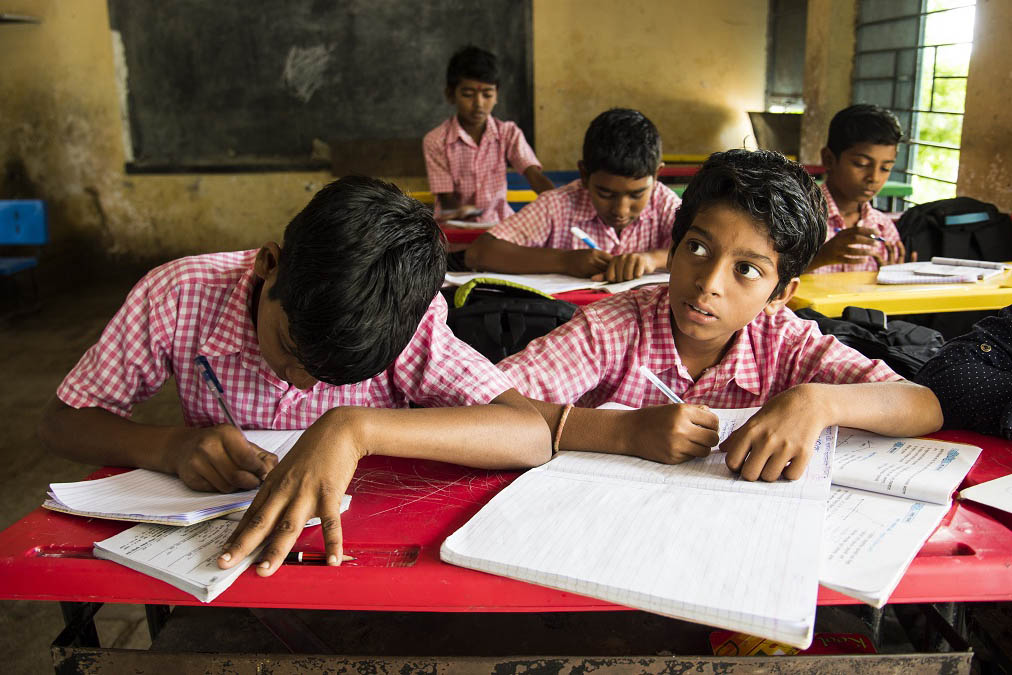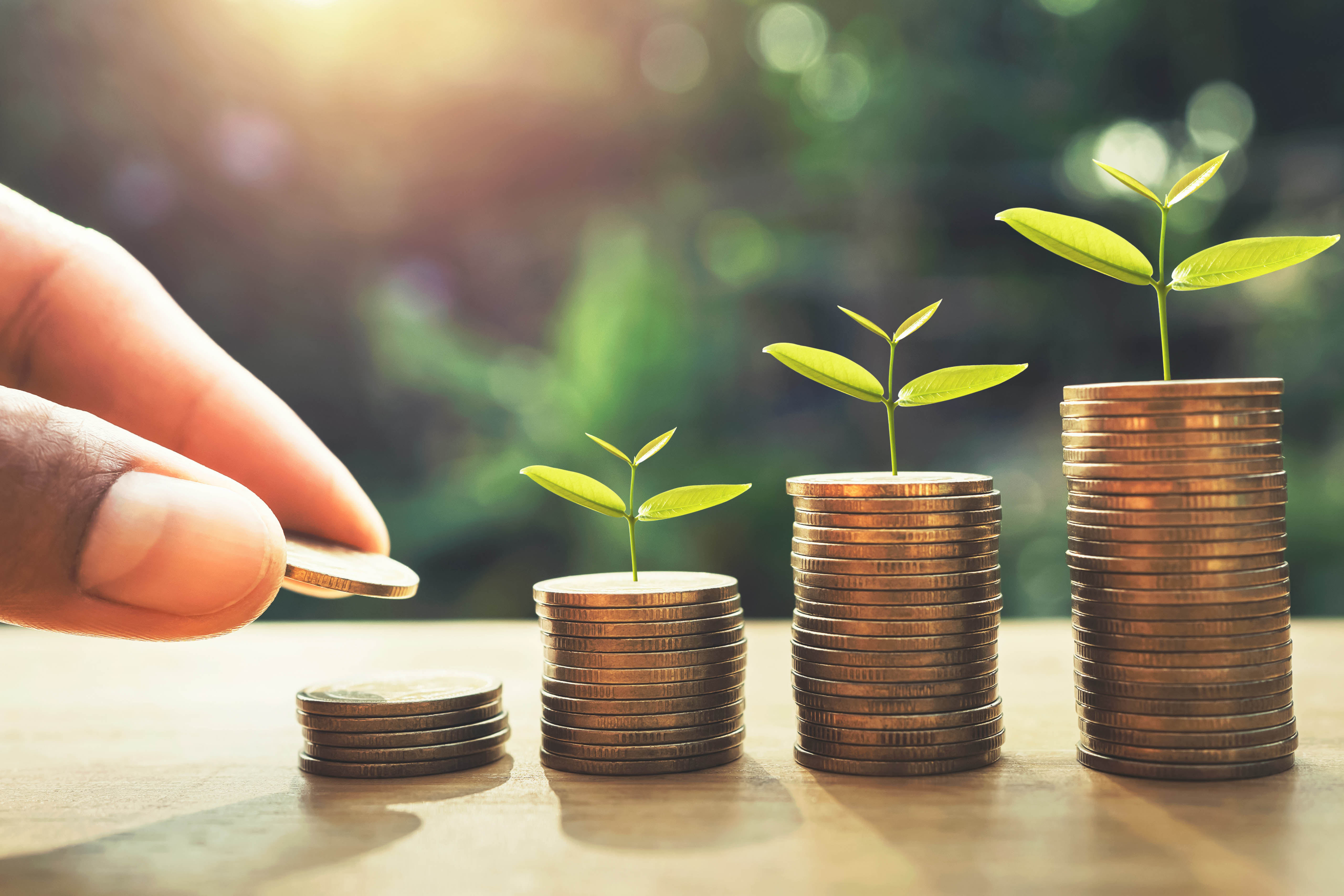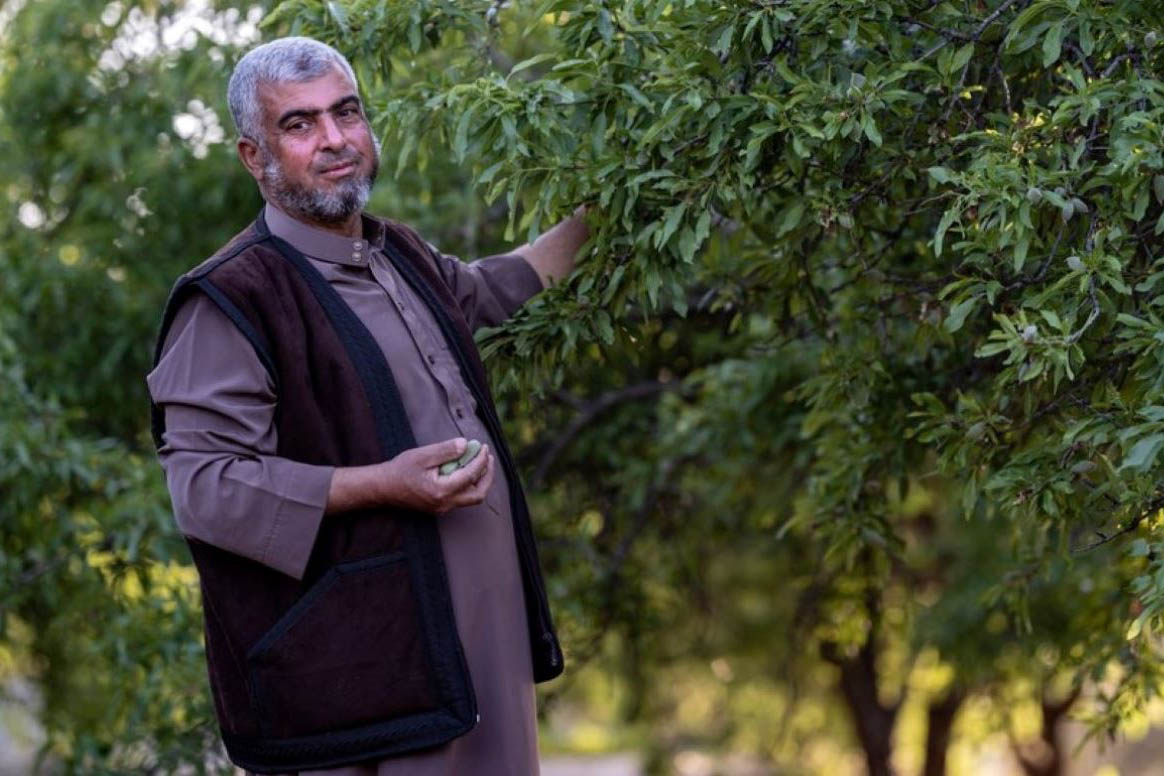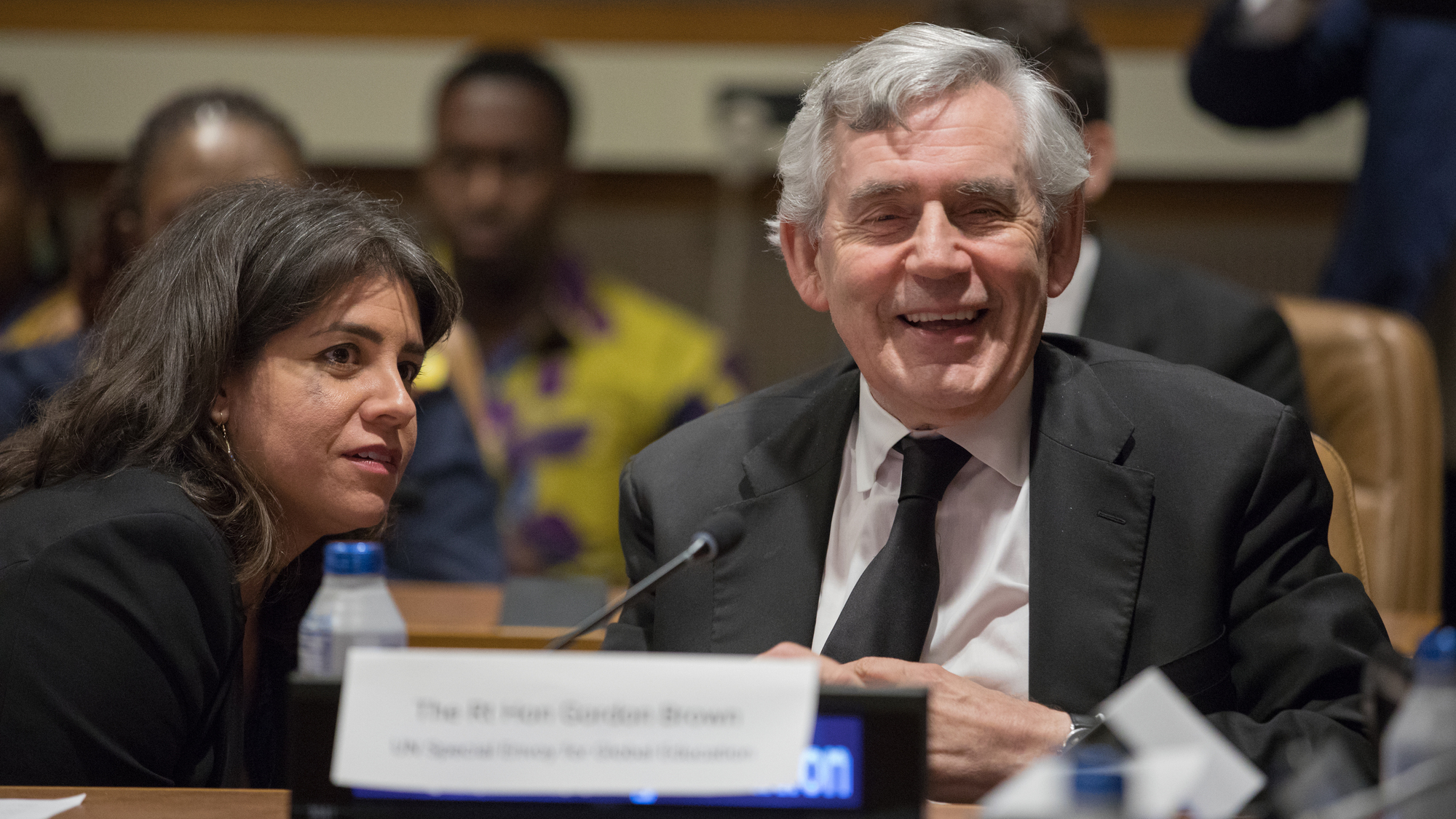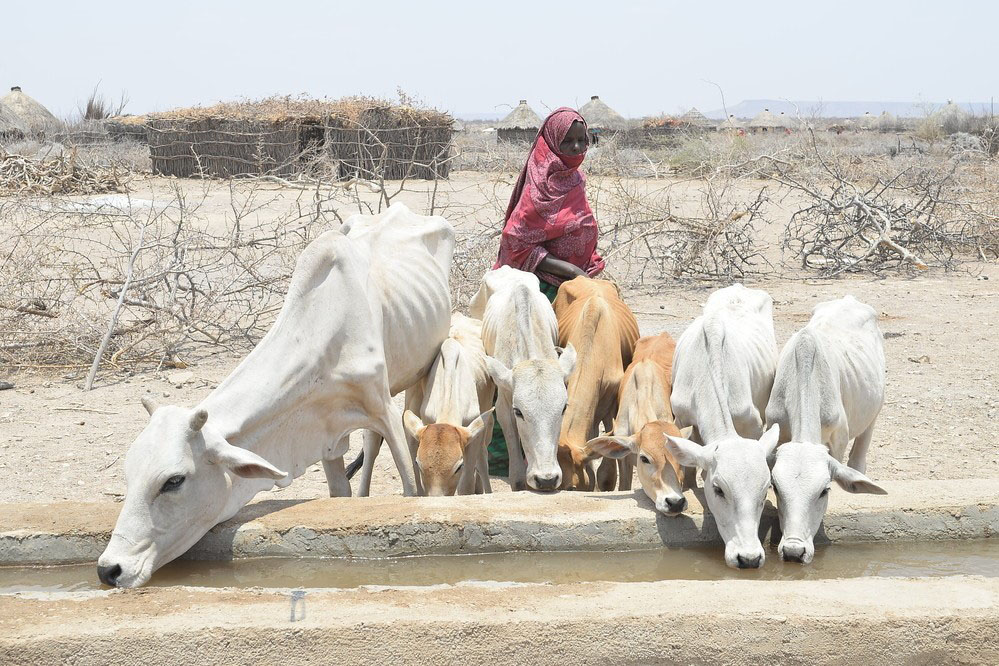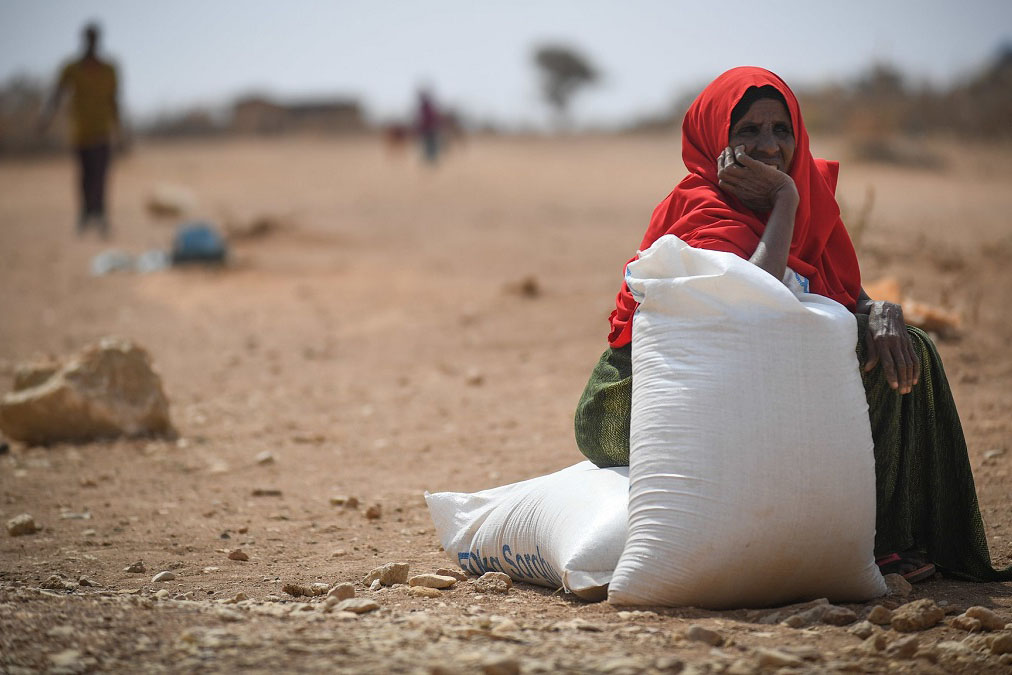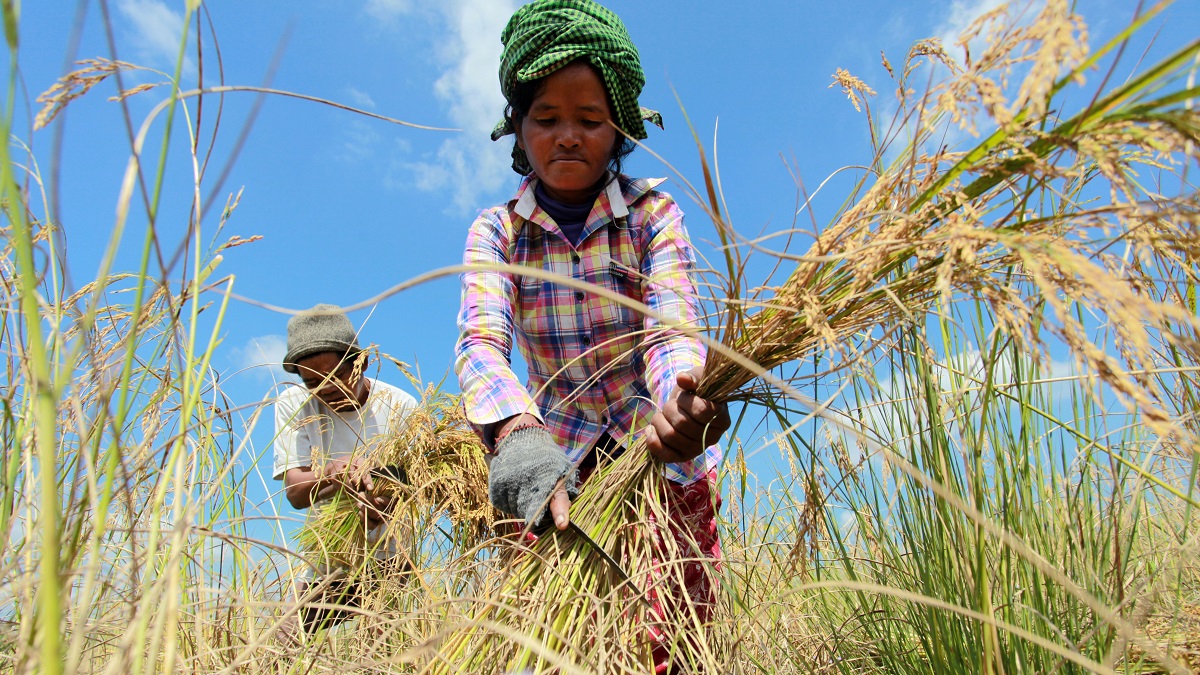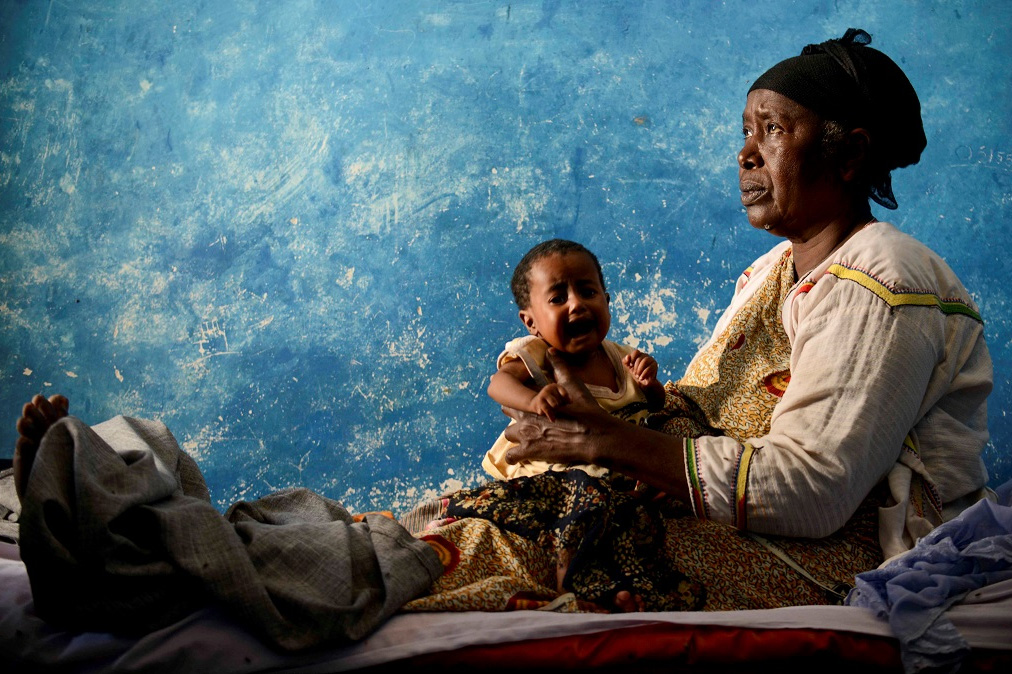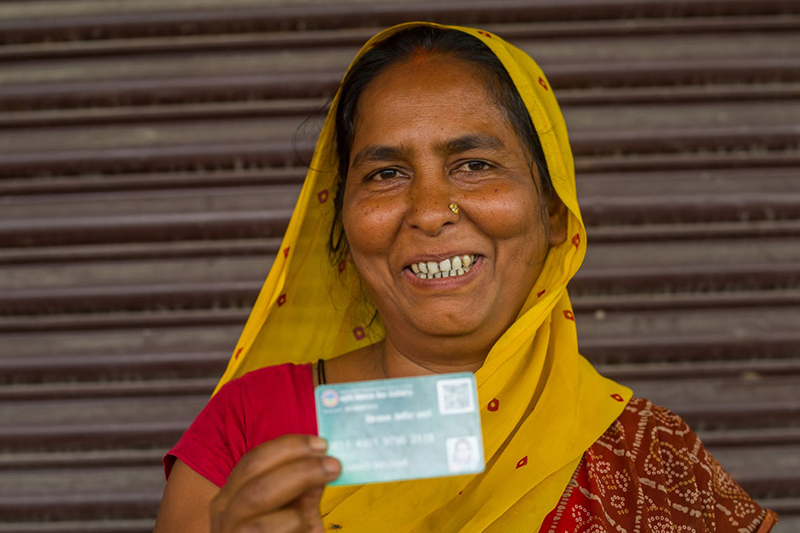A global tax platform is vital for addressing financial challenges, expanding fiscal space, and enabling developing countries to invest independently by tackling tax avoidance and illicit financial flows.
Finance
The new climate finance goal, set to be finalized at COP29, aims to significantly increase funding for developing countries' climate efforts while improving transparency and accessibility.
Global Investors for Sustainable Development (GISD) Alliance business leaders will meet UN officials for their 6th annual meeting (28-29 October, New York) to advance SDG financing. Discussions will support solutions for the UN’s reform agenda, boost and unlock private sector investment in sustainable development, and prepare for the 2025 Financing for Development Conference in Seville, Spain (30 June-3 July). The meeting comes at a critical time when the world needs transformative actions to bridge the SDG financing gap, which has ballooned to USD 4 trillion annually for developing countries.
There is a global call for more climate finance to support Low and Middle-Income Countries and fund adaptation. However, roughly $4.8 trillion has been channeled into climate action, with 75 percent invested in high-income countries.
Global foreign direct investment (FDI) faced a 2% decrease in 2023, with a deeper decline exceeding 10% for the second consecutive year, driven by trade tensions and economic slowdowns.
UNCTAD has called for urgent reforms to the global debt architecture in response to the alarming increase in developing countries' external sovereign debt.
Global growth is projected to slow for the third year in a row, almost three-quarters of a percentage point below the average of the 2010s.
Rural people help the world flourish and by investing in them, a new day is possible. Here are inspiring stories of 2023.
“There is talent, there is potential, there is brilliance in all parts of the world. There's a new Einstein, there's a new Malala, you name the brilliant people around the world. But some of them have been denied the chance, even now, to have even the most basic education at school. And so, if 260 million school aged children are not going to school today, or any day, what a waste.”
A committed public servant, Gordon Brown has a strong sense of social responsibility. Now United Nations Special Envoy for Global Education, the former Prime Minister of the United Kingdom is working towards a powerful vision: giving every child the chance to go to school.
Modern slavery, trafficking, and child marriage are just some of the factors that contribute to an eyewatering 16% of youth worldwide missing out on school. In this episode, Gordon Brown reflects on the power of education to unleash hidden talent, on his own political legacy, and on why he still believes collaboration is the key to solving global crises.
“The lesson for me of all the recent crises is [that] cooperation is an essential element of the new world we're in… we waste our resources by everybody doing their own thing.”
Photo: ©UN Photo/Jaclyn Licht
For small-scale farmers, the climate nightmare is real, and they are severely underfunded. They urgently need support to adapt to a changing world. Here are three calls to action from IFAD.
A new report by UNCTAD highlights the urgency of crisis-resilient development finance for Least Developed Countries (LDCs).
UNEP launches the 2023 Adaption Gap Report identifying seven ways to increase financing, including through domestic expenditure and international and private sector finance, to mitigate the rising climate change impacts.
UNCTAD holds the World Investment Forum 2023 (16-20 October) to mobilize financing for climate action, clean energy, health care, food security and other development needs. According to UNCTAD's World Investment Report 2023, overlapping crises such as the war in Ukraine, high food and energy prices, and debt pressures led to a 12% decline in global foreign direct investment in 2022. More than 7,000 stakeholders from 160 countries will convene in Abu Dhabi for the Forum (programme). Dr. Thani Al Zeyoudi, UAE's minister of state for foreign trade, said UNCTAD can play a major role in addressing and ultimately mitigating these interlocking issues.
UNCTAD reports global public debt has reached colossal levels, standing at $92 trillion in 2022. This five-fold surge in public debt levels since 2000 demands immediate action to tackle the escalating crisis affecting developing countries. On average, African countries pay four times more for borrowing than the United States and eight times more than the wealthiest European economies. A total of 52 countries – almost 40 percent of the developing world – are in serious debt trouble with half of all developing nations spend a minimum of 7.4% of their export revenues on servicing external public debt.
“Making the most of remittances and diaspora investments can, paradoxically, curb the need for more to migrate. These flows are great contributors to the wellbeing of millions,” said Álvaro Lario, the President the UN’s International Fund for Agricultural Development (IFAD) at the opening session of the Global Forum on Remittances, Investment and Development (GFRID) in Nairobi.

